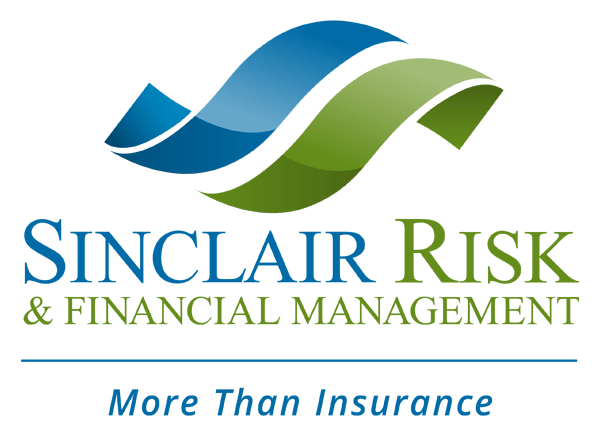CT Hospital Insurance: Lessons from the Dallas Ebola Case 
Is the American healthcare system ready for an epidemic? That’s the question on almost everyone’s mind after the U.S. Center for Disease Control and Prevention (CDC) recently confirmed that a man officially diagnosis as having the Ebola virus is being treated at a hospital in Dallas Texas. The diagnosis is the first of its kind on American soil and has generated widespread concern regarding the spread of the deadly disease.
Officials say that because Ebola is only spread through direct contact with a patient exhibiting symptoms, a widespread outbreak like the one happening in West Africa is highly unlikely in the States. However, a widely held consensus remains that an outbreak of the virus on American soil would be devastating to our already strained healthcare system.
The case has also generated public and media attention for another reason. While the CDC and public officials claim to be working on identifying who the man may have come in contact with over the last few weeks, media outlets and Dallas residents are voicing their concern about the lack of available information and the overall handling of the case.
According to reports, the ill man in Dallas was originally turned away from a Texas hospital after his first attempt to seek medical care. There is mounting public concern regarding that fact that the man was turned away, as well as concern over the impacts of this decision. Little is known about why the man was initially refused care, but doing so prolonged his diagnosis and exposed the man’s family members and an unknown number of others to the virus. It is unclear if the original hospital where he sought care will face an investigation.
While public hospitals have the obligation to offer treatment to any individual, privately owned hospitals do have the right to refuse medical care in non-emergency circumstance. However, under the Emergency Medical Treatment and Labor Act, all hospitals that accept payments from Medicare are required to provide emergency health care treatment to anyone needing it regardless of citizenship, legal status, or ability to pay. Due to the current classification as a World Health Organization epidemic, Ebola symptoms would be considered an emergency medical condition which needs immediate attention and quarantine actions. As such, the hospital’s decision to turn the patient could have severe negative repercussions if negligence is alleged or proven in this case.
The healthcare industry faces a myriad of unique liability concerns, which can lead to increased risk exposures and operational complications. At Sinclair Risk and Financial Management, we specialize in problem solving and finding solutions to the challenges and risks our clients face. We offer a complete portfolio of business insurance products, from malpractice to workers compensation coverage, designed specifically to meet the needs of the Connecticut healthcare industry. To learn more about our CT hospital insurance programs, give us a call today at (877) 602-2305.
